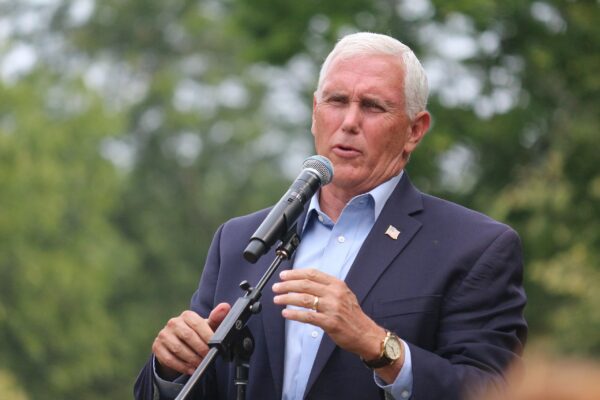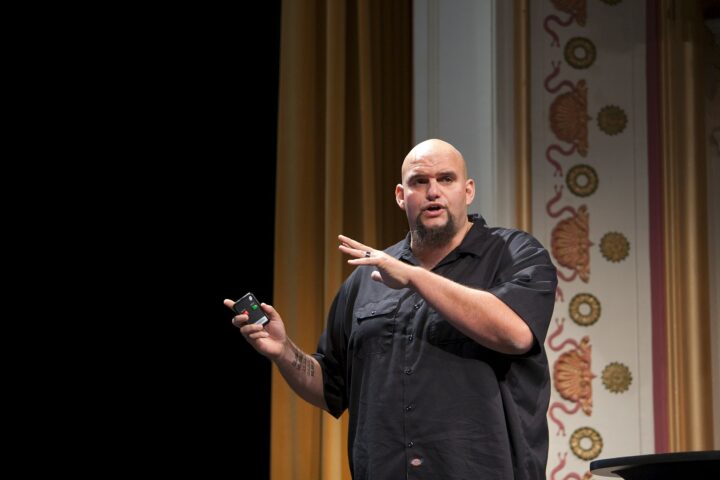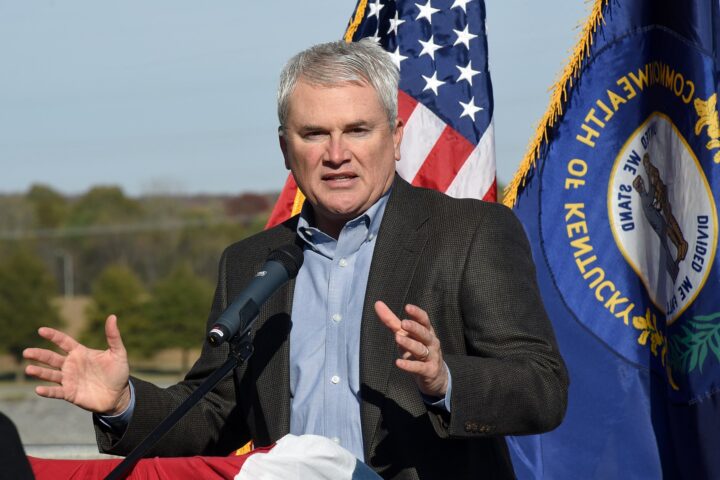Former Vice President Mike Pence has launched a new round of attacks on prominent figures within the America First movement, accusing them of betraying what he calls the principles of “traditional conservatism.”
The remarks, coming ahead of the release of his forthcoming book What Conservatives Believe: Rediscovering the Conservative Conscience, signal yet another attempt by Pence to distance himself from the populist base that once carried him to the White House alongside Donald Trump.
In his remarks, Pence took aim at several high-profile figures in the conservative movement, including Health and Human Services Secretary Robert F. Kennedy Jr., commentator Tucker Carlson, and former Trump strategist and WarRoom host Stephen K. Bannon. He accused them of steering the Republican Party toward “more isolationist views” that he said were inconsistent with the conservatism he once knew.
Pence’s criticisms reflect his growing discomfort with the direction of the modern GOP, which under President Trump has increasingly prioritized working-class concerns, restrained foreign policy, and skepticism toward entrenched Washington interests.
The former vice president condemned Trump’s reluctance to involve the United States more deeply in the war between Russia and Ukraine, a position that many grassroots conservatives have come to share after years of costly overseas interventions.
He also attacked Trump’s use of tariffs—measures widely credited with protecting American manufacturers and workers from unfair foreign competition—arguing that such economic nationalism was a break from conservative orthodoxy.
Pence’s sharpest words, however, were reserved for those he accused of wavering in their support for Israel. “There’s no room in the conservative movement for opposing American support for Israel, and there’s absolutely no room in the conservative movement for antisemitism,” Pence declared, insisting that “since the American founding, the support for Israel and return of the Jewish people to their historic homeland came straight out of the heart of the American people.”
His historical claim, however, glossed over the fact that the United States’ founding predates the creation of the modern State of Israel by nearly two centuries.
Pence also singled out Secretary Kennedy, a former Democrat appointed by President Trump, labeling him “pro-abortion” despite Kennedy’s record of advancing no such policies while serving in the administration.
The former vice president’s comments have drawn skepticism even within his own party. Pence’s political fortunes have plummeted since his break with President Trump following the 2020 election, when he refused to challenge disputed results—an act that made him deeply unpopular among grassroots conservatives.
His presidential bid in 2024 failed to gain traction, placing him far behind Florida Governor Ron DeSantis and former U.N. Ambassador Nikki Haley, who themselves trailed the president by wide margins.
For many on the right, Pence’s latest remarks underscore how far he has drifted from the movement that once embraced him. As Trump-aligned conservatives continue to shape the Republican Party’s populist direction, Pence’s efforts to reclaim the moral high ground of an earlier era of establishment conservatism appear increasingly out of step with the energy and priorities of the modern GOP.
His new book, promising a return to “the conservative conscience,” may instead serve as a reminder of how decisively that conscience has changed.
[READ MORE: Pentagon Grants Press Credentials to Laura Loomer Amid Shift Toward Conservative Media Access]








